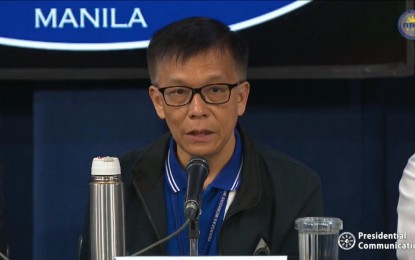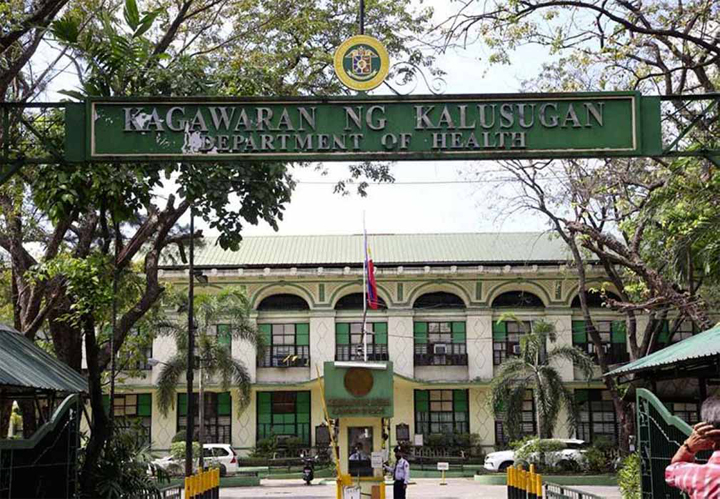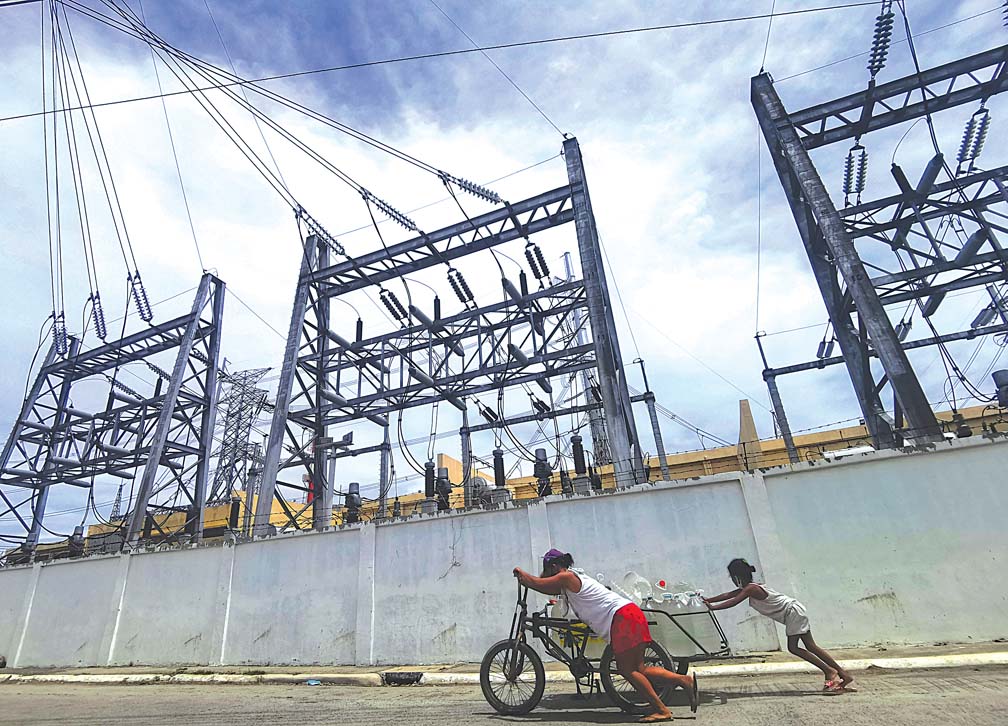The country’s fight against violators of intellectual-property rights (IPR) will begin right at the ports of entry soon.
This is through the joint administrative order (JAO) that the Intellectual Property Office of the Philippines (IPOPHL) and the Bureau of Customs (BOC) are now finalizing.
Lawyer Josephine Santiago, director general of the IPOPHL, told the BusinessMirror the JAO will allow greater transparency, particularly through the release of advance information on incoming shipments. The JAO, she said, will allow brand owners and other law-enforcement agencies access to shipping documents as a facilitating measure.
“The JAO, with the BOC may cover establishing an IP desk at BOC and giving rights holders and other law-enforcement agencies access to shipping documents for possible profiling or inspection to determine IP violations,” Santiago said.
“This will facilitate coordination with brand owners, as they can be given easy access to the shipping documents identified to be dubious. In which case, upon verification, proper inspection can be made, and if the goods are counterfeit, forfeiture and condemnation proceedings can forthwith be initiated,” she added.
However, whether the procedure to be implemented from the seizure of counterfeit products to their destruction will be shortened will still depend on the BOC.
“Simplifying administrative procedure to further facilitate the condemnation and destruction of counterfeit goods is always an option; but the same is within the jurisdiction of the BOC,” Santiago said.
According to IPR enforcement procedure at the BOC, after the IPR owner/brand owner has been alerted of a shipment of counterfeit goods and has declared the shipment as such, the Intellectual Property Unit-Customs Intelligence and Investigation Services of the BOC will issue a warrant of seizure and detention.
After the issuance of the warrant, the consignee of the shipment is given a period to contest the counterfeit claim and notify the brand owner. If, after 10 days, the owner or importer of the shipment does not appear or contest the claim, the goods will be declared forfeited in favor of the government.
After the declaration, there may still be an administrative hearing to get more information on the case.
Strengthening border-control measures is a key factor in ensuring the Philippines will stay out of the United States Trade Representative’s (USTR) Special 301 Watch List.
The USTR Special 301 Report is the annual review of nations’ IPR enforcement. The Philippines was again absent in the said review in this year’s edition, reflecting the country’s continued compliance to IPR protection.

























